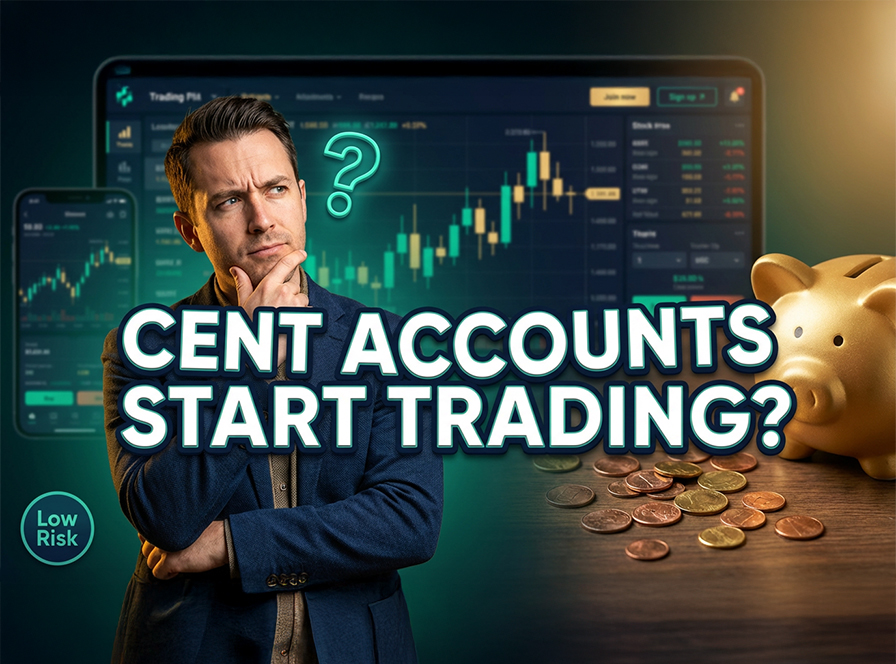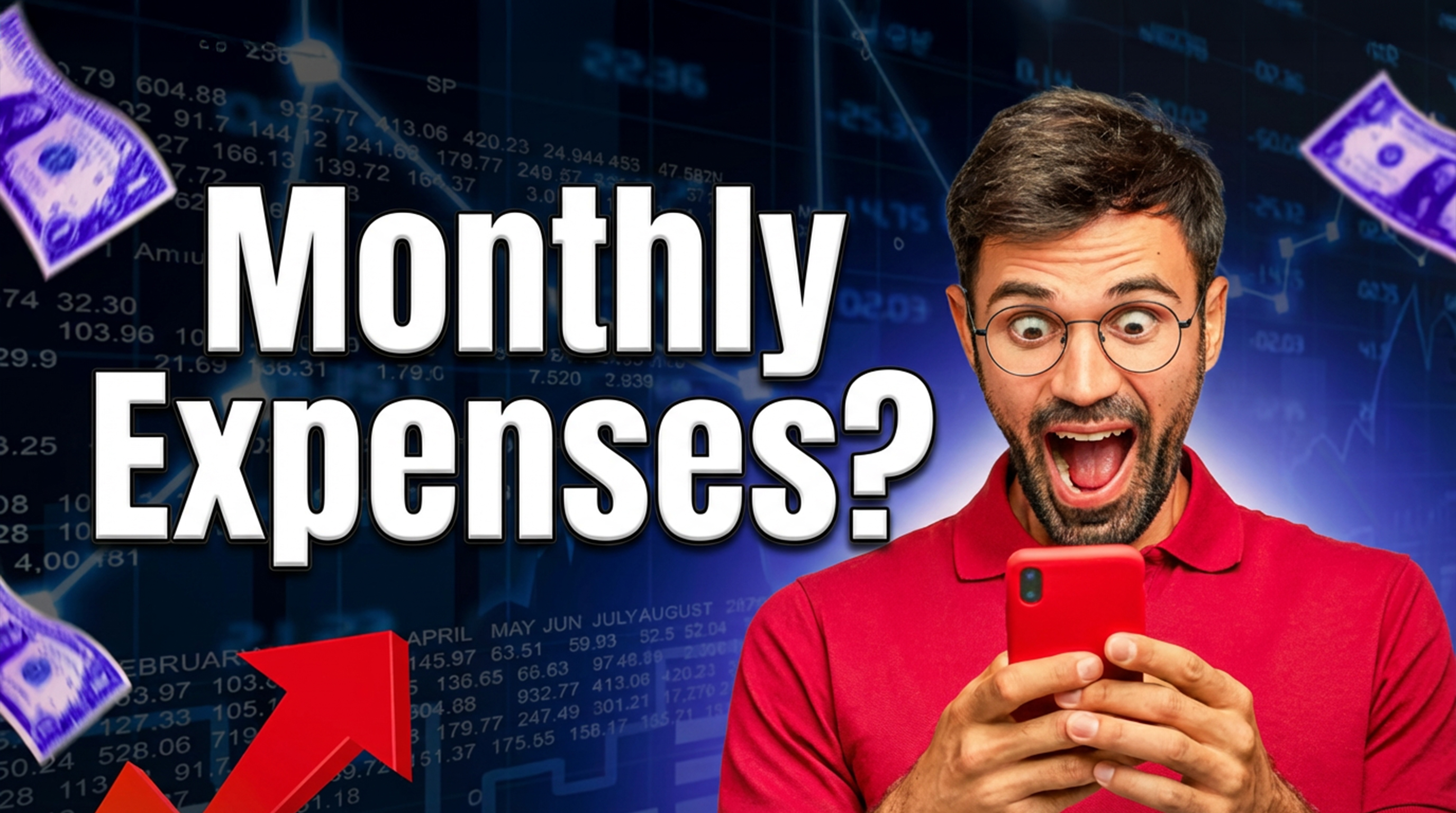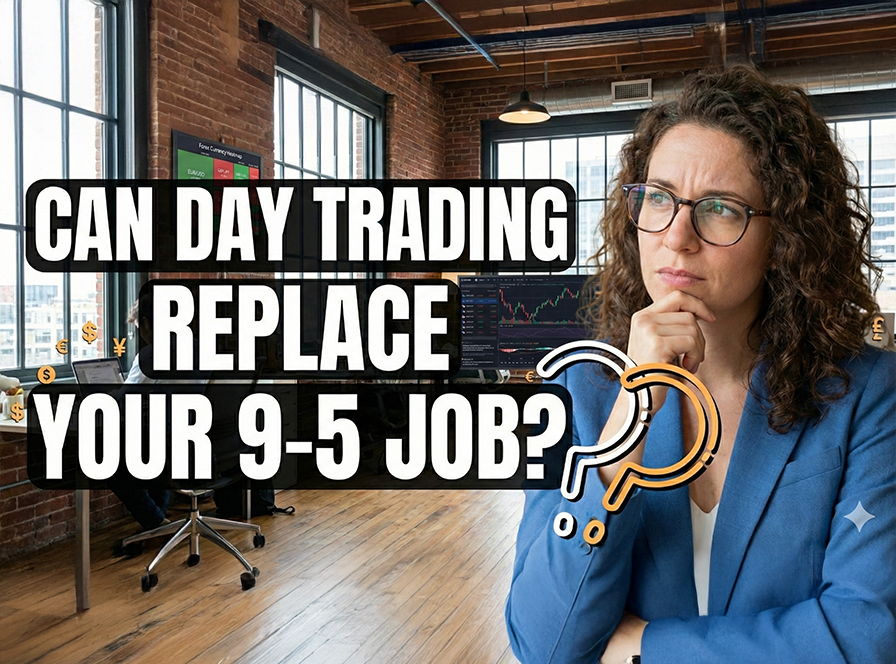One of the most important decisions every forex trader must make is choosing the right broker. A broker is your gateway to the markets — and picking the wrong one can cost you not because of trading mistakes, but due to fraud, poor execution, or unfair conditions. The forex industry has many unregulated and scam brokers, so beginners need to know how to separate safe brokers from risky ones.
This guide explains the key factors to consider when choosing a trusted forex broker, along with practical tips to protect your capital and ensure smooth trading.
Why Choosing the Right Forex Broker Matters
- Execution Speed: Reliable brokers ensure fast order execution with minimal slippage.
- Fund Safety: Regulated brokers hold client money in segregated accounts.
- Fair Conditions: Low spreads, transparent fees, and stable platforms.
- Withdrawals: Trusted brokers process withdrawals quickly and without excuses.
In short, your broker can make the difference between long-term success or unnecessary losses.
Key Factors to Consider When Choosing a Forex Broker
1. Regulation and Licensing
The most important factor is whether the broker is regulated by a reputable authority.
- Top regulators include FCA (UK), ASIC (Australia), CySEC (Cyprus), FSCA (South Africa).
Why it matters: Regulation enforces strict rules, ensures funds are kept separate, and provides dispute resolution.
How to check: Scroll to the broker’s website footer for license details and verify them on the regulator’s site.
2. Security of Funds
- Segregated Accounts: Client deposits kept separate from company funds.
- Negative Balance Protection: You won’t lose more than you deposit.
- Insurance Schemes: Some regulators provide client compensation.
3. Trading Platform
A reliable broker should offer stable, industry-standard platforms:
- MT4 – Beginner-friendly and popular.
- MT5 – Advanced features and more assets.
- cTrader – Preferred by professional traders.
Look for user-friendly design, mobile/desktop support, strong charting tools, and stability without frequent crashes.
4. Trading Costs (Spreads & Commissions)
- ECN brokers: Tight spreads + small commission.
- Market makers: Wider spreads but usually no commission.
Compare EUR/USD spreads (ideally <1 pip for ECN), overnight swap fees, and any hidden charges.
5. Leverage & Margin Requirements
Leverage can amplify profits — and losses.
- In regulated regions: 1:30 or 1:50 limit.
- Offshore brokers: Up to 1:3000.
Choose leverage based on your risk tolerance and strategy. Beginners should avoid max leverage.
6. Deposits & Withdrawals
Safe brokers provide multiple secure methods:
- Bank transfers, cards, e-wallets (Skrill, Neteller), crypto (BTC, USDT, ETH).
Look for instant deposits, fast withdrawals (24–48h), and no hidden fees.
7. Customer Support
- Available 24/5 or 24/7 via chat, email, phone, or messaging apps.
- Test response times before committing.
8. Account Types
- Micro/Standard Accounts: For small deposits and beginners.
- ECN/Pro Accounts: Tighter spreads for advanced traders.
- Islamic Swap-Free: For Muslim traders.
9. Execution Quality
A trustworthy broker provides stable execution:
- Market Execution: Fills at best price available.
- Instant Execution: May cause requotes but matches requested price.
Good brokers minimize slippage under normal market conditions.
10. Broker Reputation
Research before depositing:
- Read reviews.
- Check forums and trading communities.
- Ask other traders for experiences.
Red Flags of a Scam Broker
- Unrealistic promises like “guaranteed profits.”
- No license or fake regulation claims.
- Withdrawal delays or excuses.
- Aggressive sales calls.
- Manipulated platforms showing false prices.
If it looks too good to be true, it probably is.
Steps to Verify a Forex Broker
- Check regulation license numbers.
- Search for complaints or scam alerts.
- Test the platform with a demo account.
- Deposit a small amount and attempt withdrawal.
- Compare trading conditions against competitors.
Practical Example
Broker A: FCA regulated, EUR/USD spread 0.8 pips, withdrawals in 24h.
Broker B: No license, EUR/USD spread 3 pips, frequent withdrawal issues.
Even if Broker B offers higher leverage, it’s not worth the risk.
Tips for Beginners
- Don’t be lured by bonuses.
- Start small and test the broker first.
- Prioritize safety and execution over leverage.
- Choose brokers that provide education and support.
Conclusion
Choosing a safe and trusted forex broker is the foundation of successful trading. Look for regulation, fund security, fair costs, stable platforms, and quick withdrawals. Don’t rush into depositing money — verify, compare, and test before committing. With the right broker, you can focus on trading strategies instead of worrying about your funds.




